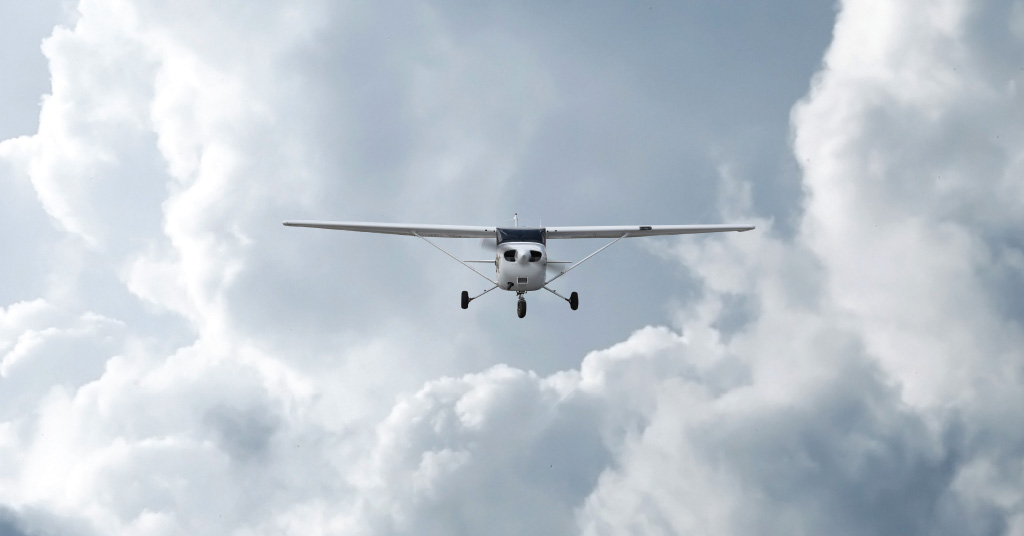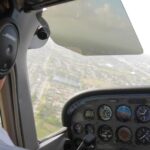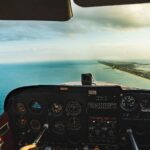Have you ever considered completing your instrument rating? If you have, please read this edition of the Pilot’s Digest as it is dedicated to instrument flying. Hopefully, by the time you’re done reading this edition, you’ll be well educated and inspired to further your pilot skills. So, with that in mind, let’s get started with 4 good reasons to get your instrument rating:
- FLY SAFER
An instrument rating is not just a tool for flying in and around weather. Have you ever flown over water, at night, without a cloud in the sky? I took off from Meigs Field in Chicago one night, when I made my crosswind departure from the airport the horizon completely disappeared. I immediately focused my attention to the instrument panel. A smart move that likely kept me from experiencing spatial disorientation. - MAKE BETTER CHOICES
Have you ever gone on a cross country far from home and on the day you were supposed to return, you looked out the window only to find that you can’t leave because of low ceilings? If you have, you know how frustrating a situation like that can be, especially if you have to be somewhere. With an instrument rating, you can fly through the clouds and get on top, to where the air is smooth and clear. Research has proven that instrument rated pilots have a better understanding of weather. NOTE: Scud running and flying into known thunderstorms or severe weather is never a good option. - BE A BETTER PILOT
In our last issue, Dr. Michael Bliss spoke about Basic Attitude Flying, a skill that allows a pilot to better fly, and control, the airplane. During your instrument training, you will learn the skill of Basic Attitude Instrument Flying, which will allow you to better fly, and control, the airplane while flying solely on instruments. Using my example above, flying over water at night, with good BAI, your mind will be trained to focus on your instruments instead of ground reference. Even more important, you will find that your approaches, whether VFR or IFR, will be more stabilized, which will lead to better landings. - SAVE MONEY
Owning your own airplane can be expensive, insurance doesn’t have to be. Most carriers like to see more flight time along with additional education., whether that’s an additional rating, certificate, or proficiency training. With more experience, you will typically experience a lower insurance premium. Contact your local insurance company for more information.
Don’t forget, when you do earn your instrument rating, practice! The best days to practice are days with good VFR weather. That way, if you find yourself behind the airplane, you can cancel and continue your trip or approach VFR. Remember, know your personal minimums and fly safe!
Instrument training has been the heart and soul of American Flyers since 1939. We have trained more instrument pilots than any other flight training organization in the world. We have programs that can be custom tailored to your schedule and we can train in your aircraft or ours. If you’ve been putting off instrument training because of time or money, we have a regular or accelerated course, with financing options that will help you get it done fast and get it done right.
Andrew F. Henley
Vice President – American Flyers











